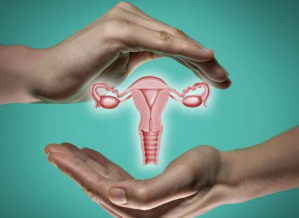While bananas are a fantastic source of nutrients for a healthy body, it is still debated whether they should be consumed on an empty stomach. Breakfast is said to be the most important meal of the day, and it should be eaten like a king, with wholesome and nutritious ingredients on the plate. Most of the time, though, it becomes a quick supper, and we reach for one of the easiest options, a banana, which takes no washing. Bananas, of course, have a slew of health advantages. The fruit’s nutrients are recognised for maintaining blood pressure, reducing depression, constipation, heartburn, and weariness in the body, as well as maintaining blood pressure, reducing depression, constipation, and heartburn.

It also contains a large amount of iron, which aids in the formation of haemoglobin and the treatment of anaemia. While bananas are a fantastic source of nutrients for a healthy body, it is still debated whether they should be consumed on an empty stomach.
Bananas are high in potassium, fibre, and magnesium, and thus meet the nutritional requirements of your body. It increases your energy and decreases your hunger sensations.
The 25 percent sugar in bananas provides a much-needed sugar rush and a burst of energy to get through the day’s activities. Iron, tryptophan, vitamin B6, and vitamin B are among the other minerals found in bananas.
Despite being high in potassium, fibre, and magnesium, bananas are not recommended for consumption on an empty stomach, according to several authorities. The following are some of the reasons: Bananas’ high natural sugar content, which boosts energy, but also leave you feeling fatigued after a few hours. Bananas momentarily satisfy your hunger, leaving you tired and exhausted. Bananas are acidic by nature, so eating them on an empty stomach can induce digestive difficulties.
Bananas have a high potassium content and are acidic in nature. They’re a fantastic way to start the day, but not on an empty stomach. To reduce the acidic content in the body, combine it with soaked dried fruits, apples, and other fruits. The high magnesium content might induce a calcium-magnesium imbalance in the blood, which can have a negative impact on the cardiovascular system.
We hope you got our point!


